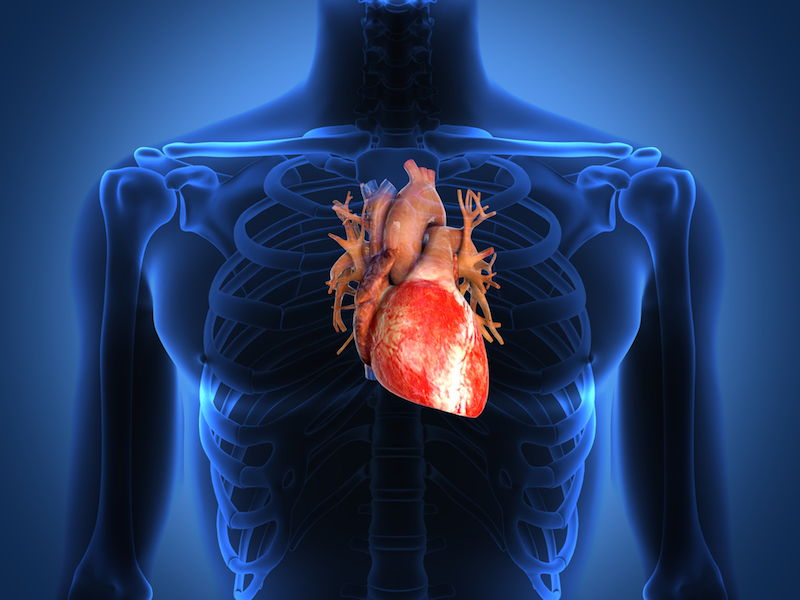Targeting Gut Microbes Could Lower Risk of Heart Disease

For the first time, researchers find that a compound in some red wines and olive oils can interfere with gut microbes in ways that could potentially help to prevent heart disease in humans.
This new study, which was done in mice, also might reveal why the Mediterranean diet, which usually includes olive oil and red wine, is healthy for the heart, the scientists said.
In the study, the researchers targeted the mice's gut microbes with a compound called DMB,— which naturally occurs in some cold-pressed extra virgin olive oils, red wines, balsamic vinegars and grape seed oils. The scientists found that the DMB treatment suppressed atherosclerosis, which is a hardening of the arteries, from developing in the mice without resulting in toxic side effects.
"This new approach shows that one can target microbes to inhibit atherosclerosis," said study senior author Dr. Stanley Hazen, section head of cardiovascular medicine at the Cleveland Clinic. [10 Amazing Facts About Your Heart]
Foods that contain DMB are often found in the so-called Mediterranean diet, which reduces the risk of heart disease. These new findings suggest that the benefits of the Mediterranean diet may stem from its effects on gut microbe activity, the researchers said.
The DMB treatment works by slowing down the microbes' production of another compound, called TMA. Normally, when gut microbes digest nutrients such as choline, lecithin and carnitine, they excrete TMA, which, in turn, gets converted by the human body into a molecule called TMAO.
Hazen and his colleagues previously found that TMAO is linked to an increased risk for heart attack and stroke in humans, and an increased risk for atherosclerosis in mice. This could help explain why consumption of high amounts of choline, lecithin and carnitine — nutrients that are abundant in foods such as meat, egg yolks and high-fat dairy products — is linked with atherosclerosis, heart disease and stroke.
Get the world’s most fascinating discoveries delivered straight to your inbox.
In the new study, scientists experimented with mice genetically predisposed to develop atherosclerosis and that were fed diets rich in choline or carnitine. The DMB treatment significantly reduced the mice's levels of TMAO and suppressed atherosclerosis from developing.
The leading cause of death in the United States for both men and women is heart disease. According to the Centers for Disease Control and Prevention, heart disease kills about 610,000 people in the United States annually, accounting for one in every four deaths. Heart disease is often linked with atherosclerosis.
Until now, research efforts to lower TMAO levels in hopes of decreasing heart disease risk have focused on suppressing the enzymes in people that convert TMA into TMAO. However, this approach causes liver damage, and the resulting buildup of TMA in the body generates a noxious fishy odor.
In addition, the researchers noted, the DMB treatment did not kill gut microbes. This suggests that gut bacteria are much less likely to develop resistance to DMB as they would against a lethal antibiotic, Hazen said.
Gut bacteria normally play a major role in human metabolism, and also can be involved in obesity and diabetes. This new finding suggests that drugging these microbes — together known as the gut microbiome — could help treat a variety of disorders, the researchers said.
"Our work opens the doors to therapies for many chronic diseases where gut microbe participation is implicated," Hazen told Live Science.
The next step is to conduct this research on humans, Hazen said. He and his colleagues detailed their findings in the Dec. 17 issue of the journal Cell.
Follow Charles Q. Choi on Twitter @cqchoi. Follow us @livescience, Facebook &Google+. Original article on Live Science

 Live Science Plus
Live Science Plus





